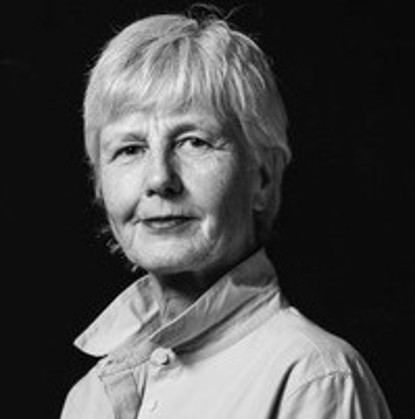Interdisciplinary Studies in Ancient Western Greece and Beyond
International conference, 11-12th December 2025 at Technical University of Darmstadt co-hosted with Johannes Gutenberg-University Mainz
10.09.2025 von N. Toma
The international conference explores new interdisciplinary research on ancient Western Greece, from the Geometric Period to the Roman Imperial era. Scholars present the latest insights into settlement, religion, politics, and environment in Akarnania, Aitolia, Epirus, and the north-western Peloponnese. Dedicated to Prof. Dr. Franziska Lang, the event highlights her pioneering contributions and sets new directions for future study.

This international conference assembles both established scholars and early career researchers from archaeology, ancient history, epigraphy, and geography to explore recent interdisciplinary research on ancient Western Greece from the Geometric Period to the Roman Imperial era. The focus is on the regions of Akarnania, Aitolia, Epirus, and the north-western Peloponnese, which played a key role in ancient mobility, trade, and religious life, yet have long remained underrepresented in archaeological scholarship.
Over the past few years, however, intensified fieldwork and new research initiatives have significantly deepened our understanding of these landscapes. The conference seeks to bring together the latest results from these efforts in order to establish a new scholarly baseline for the study of the region. The two-day event features presentations by invited experts. Themes include settlement patterns, sacred landscapes, political institutions, palaeoenvironmental developments, and methodological innovations. In order to involve as many experts as possible, the conference adopts an innovative discussion format: alongside traditional lectures, current researchers in Western Greece participate as discussants.
The conference is dedicated to Prof. Dr. Franziska Lang, Chair of the Department of Classical Archaeology and Vice-President for Academic Careers at TU Darmstadt, whose long-standing research in Akarnania and the northwestern Peloponnese has profoundly shaped the study of ancient Western Greece. On the occasion of her retirement, the event provides an opportunity to acknowledge her lasting contributions and to further advance the regional and methodological perspectives she has pioneered.




